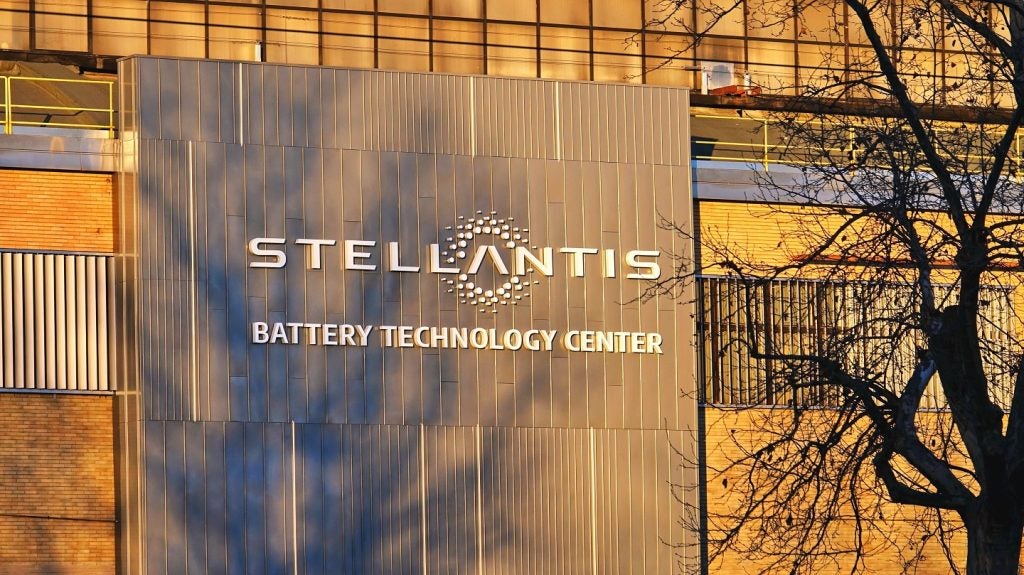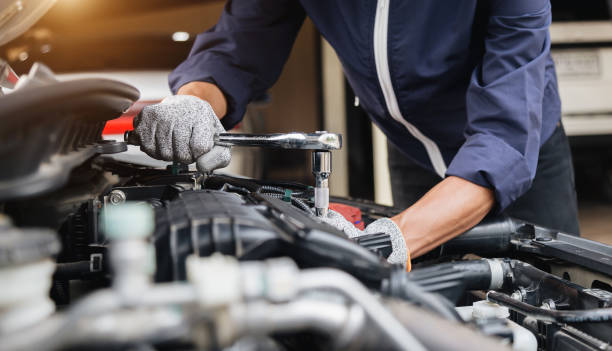Supply issues continue to pose a problem for the new car market, with registrations struggling to reach pre-pandemic levels, according to the latest figures from the Society of Motor Manufacturers and Traders (SMMT).
New car registrations in June were up 28% year-on-year to 186,128. However the performance was artificially lifted through comparison with a year ago, when the UK began to emerge from the first lockdown.
When compared with the previous decade average, monthly registrations were down 16.4%. In addition, total registrations for Q2 2021 fell short of industry expectations by around 9,000 units, partly due to the ongoing semiconductor shortage limiting supply in the market. As a result, overall registrations for the first half of the year are down 26.8%.
In the electric space, battery electric (BEVs) and plug-in hybrid vehicles (PHEVs) accounted for 17.2% of new vehicles sold in June. BEVs accounted for more than one in 10 registrations, while PHEV uptake grew faster than BEV uptake for the third month running.
Private registration numbers were positive but subdued compared to large fleets, reflecting an ongoing trend for the year with consumer uptake increasing 30.6% year on year, compared to 47.8% for fleets.
“With the final phases of the UK’s vaccine rollout well underway and confidence increasing, the automotive sector is now battling against a ‘long Covid’ of vehicle supply challenges,” said Mike Hawes, chief executive of the SMMT. “The semiconductor shortages arising from Covid-constrained output globally are affecting vehicle production, disrupting supply on certain models and restricting the automotive recovery.
How well do you really know your competitors?
Access the most comprehensive Company Profiles on the market, powered by GlobalData. Save hours of research. Gain competitive edge.

Thank you!
Your download email will arrive shortly
Not ready to buy yet? Download a free sample
We are confident about the unique quality of our Company Profiles. However, we want you to make the most beneficial decision for your business, so we offer a free sample that you can download by submitting the below form
By GlobalData“Rebuilding for the next decade is now well underway with investment in local battery production beginning and a raft of new electrified models in showrooms. With the end of domestic restrictions later this month looking more likely, business and consumer optimism should improve further, fuelling increased spending, especially as the industry looks towards September and advanced orders for the next plate change.”
Industry reaction
Sue Robinson, chief executive of the NFDA, said: “Retailers are seeing robust consumer demand and continued outperformance of the UK retail new and used car market. Franchised dealers are optimistic for trading over the summer albeit there will likely be a tightness in supply of new cars ahead as the shortage of semiconductors is hitting car production.
“We expect the industry to continue to perform well, with consumer confidence remaining high and retailers providing a first-class service to their customers.”
Ian Plummer, Auto Trader’s commercial director, said: “Few will be unaware of the current supply and chip shortage challenges facing the new car sector. Given this context June’s new car sales results is a more than respectable performance, which has been helped by manufacturers focusing on supporting retail over less profitable channels.
“The level of demand for both new and used cars is exceptionally high. Visits to our marketplace in June increased 34% when compared to 2019, and according to our proxy data many retailers are reporting record used car sales performance, with Q2 2021 volumes increasing over 12% on 2019. 1.5m people viewed a new car on Auto Trader last month, which is up 54% on the same period two years ago, whilst three times as many new car leads were sent to retailers.
“It is worth bearing in mind that the performance we’re seeing now is based on a significant number of orders which were taken before the semi-conductor shortage came into effect. It’s likely therefore that the full impact will be more evident over the months to come.
James Fairclough, chief executive of AA Cars, said: “The economy is bouncing back well, and a growing sense of progress is building consumer confidence. As a result, more Britons are more willing to make big ticket purchases – like cars – that they had been holding off on until now.
“This willingness to spend is echoed by the Bank of England, which reports that for the first time since last summer, consumers are borrowing more than they are paying off1, with car finance forming a big part of the renewed lending activity. Our own figures bear this out, with car finance application volumes remaining strong.”
Jamie Hamilton, automotive director and head of electric vehicles at Deloitte, said: “The ongoing global semi-conductor shortage has had a direct impact on consumers with manufacturers unable to fulfil orders in a timely manner, especially on the less popular models they have had to deprioritise. In turn, dealerships have less stock and many are even struggling to source display models for consumers to test-drive.
“The ripple effect of this shortage has seen unusual activity in the used car market. Demand is high, but the limited availability of new cars means that there are even fewer used cars coming onto the market. As a result, prices have shot up. In an attempt to secure stock, some dealers have looked beyond the auction houses, turning their attentions to private sellers.
“Unfortunately, there is little respite for the industry, with the semi-conductor shortage expected to continue causing issues throughout the rest of the year and maybe even into 2022.
Meryem Brassington, electrification propositions lead at Lex Autolease, said: “Momentum is beginning to build along the road to recovery from the pandemic, but today’s half-year figures still represent a 28% drop on pre-Covid levels, indicating that the car industry isn’t out of the woods just yet.
“Despite this, it’s encouraging to see the growth in EVs continue to show no signs of slowing down, with registrations up 138% on this time last year. We’ll no doubt see the impact of vehicle supply issues and semi-conductor shortages unfold in the coming months, but if we’re serious about leading the EV charge then sustained investment from policymakers to accelerate the UK’s electrification plans has to stay at the top of the agenda.”







